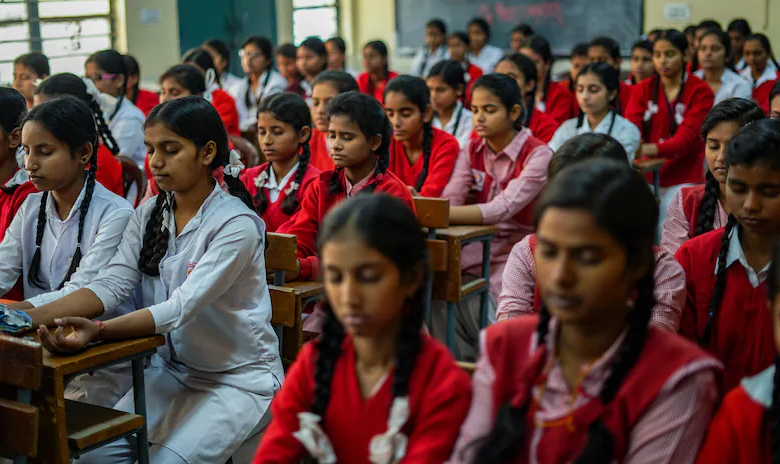Apaar ID for students: Does it require parental consent?

News Mania Desk / Piyal Chatterjee / 14th November 2024
Students in government, assisted, and private schools throughout the state of Karnataka are now receiving 12-digit Automatic Permanent Academic Account Registry (Apaar) identity cards from the government. The effort, which is being led by Karnataka’s Department of School Education and Literacy (DSEL), has come under fire from experts who contend that the state already has an ID system in place called the Student Achievement Tracking System (SATS).
The Apaar ID, which is based on Aadhaar, is intended to create a “One Nation, One Student ID” system in accordance with the National Education Policy (NEP 2020). During a seminar in Delhi in February, Education Minister Dharmendra Pradhan declared that 250 million IDs had already been created under the program.Opponents of the Karnataka government led by Siddaramaiah have charged that the Congress’s implementation of the Apaar program goes against its previous position against the Center-backed NEP.
Under the “One Nation, One Student ID” policy, Apaar IDs are meant to function as distinct, permanent identification. The education ministry claims that these IDs are intended to improve accessibility and continuity in students’ academic journeys by facilitating smooth transitions between schools, states, and institutions.
The ID will be integrated by the Center with other platforms related to education, such as Samarth and the Holistic Progress Card. Furthermore, it will be integrated with the DigiLocker system to safely store critical documents like report cards and academic records.The goal of this centralized database is to expedite procedures such as admissions, entrance exams, and scholarship applications.
Due to the pupils’ age, parental approval is required before these IDs can be issued. To get parents’ permission, educational institutions must meet with them. Information like the parents’ Aadhaar IDs and driver’s license numbers are needed for registration. Experts are worried about the initiative’s effects on student privacy and possible constitutional rights abuses, even though it serves the “Digital India” aim.






